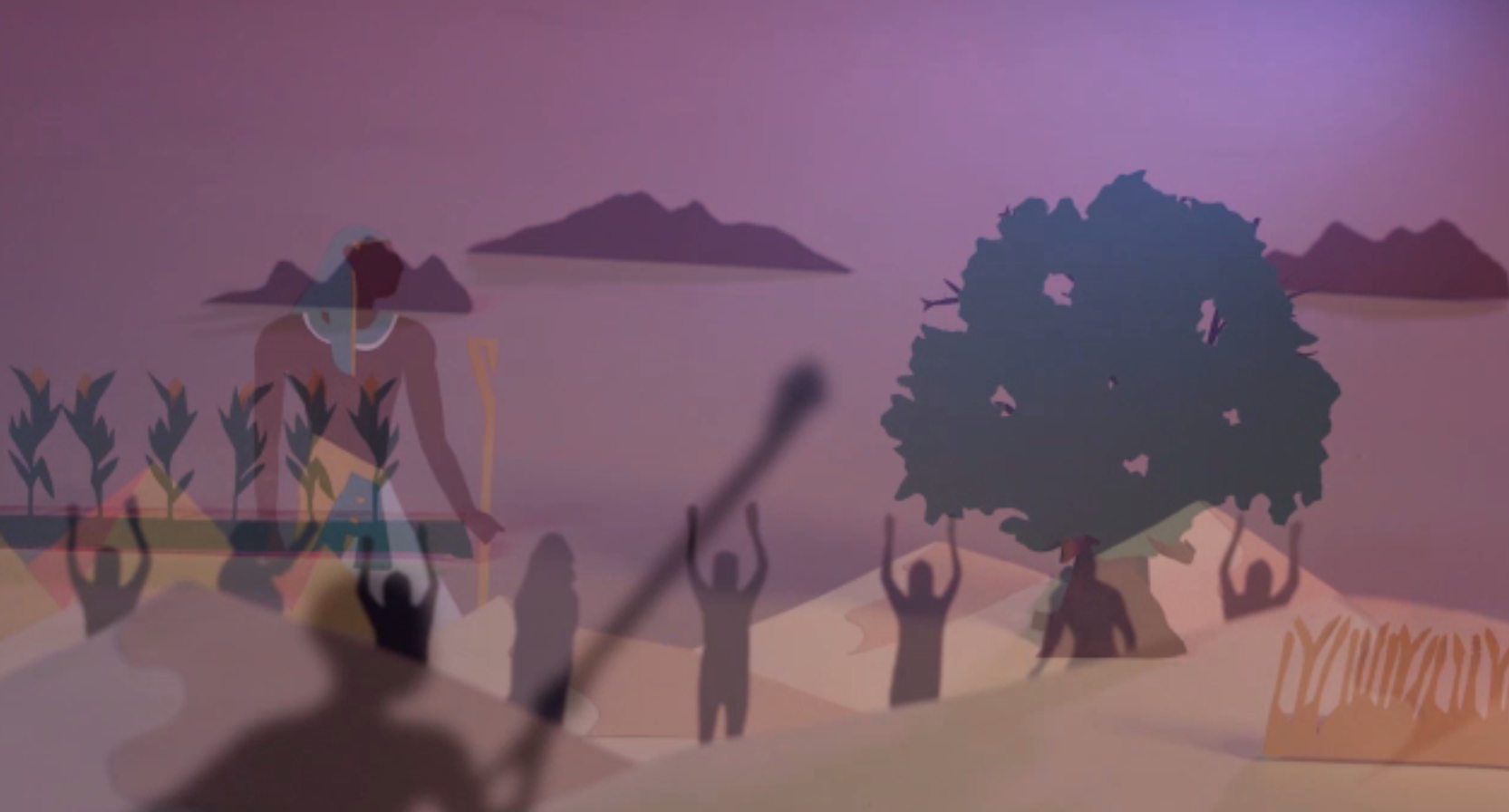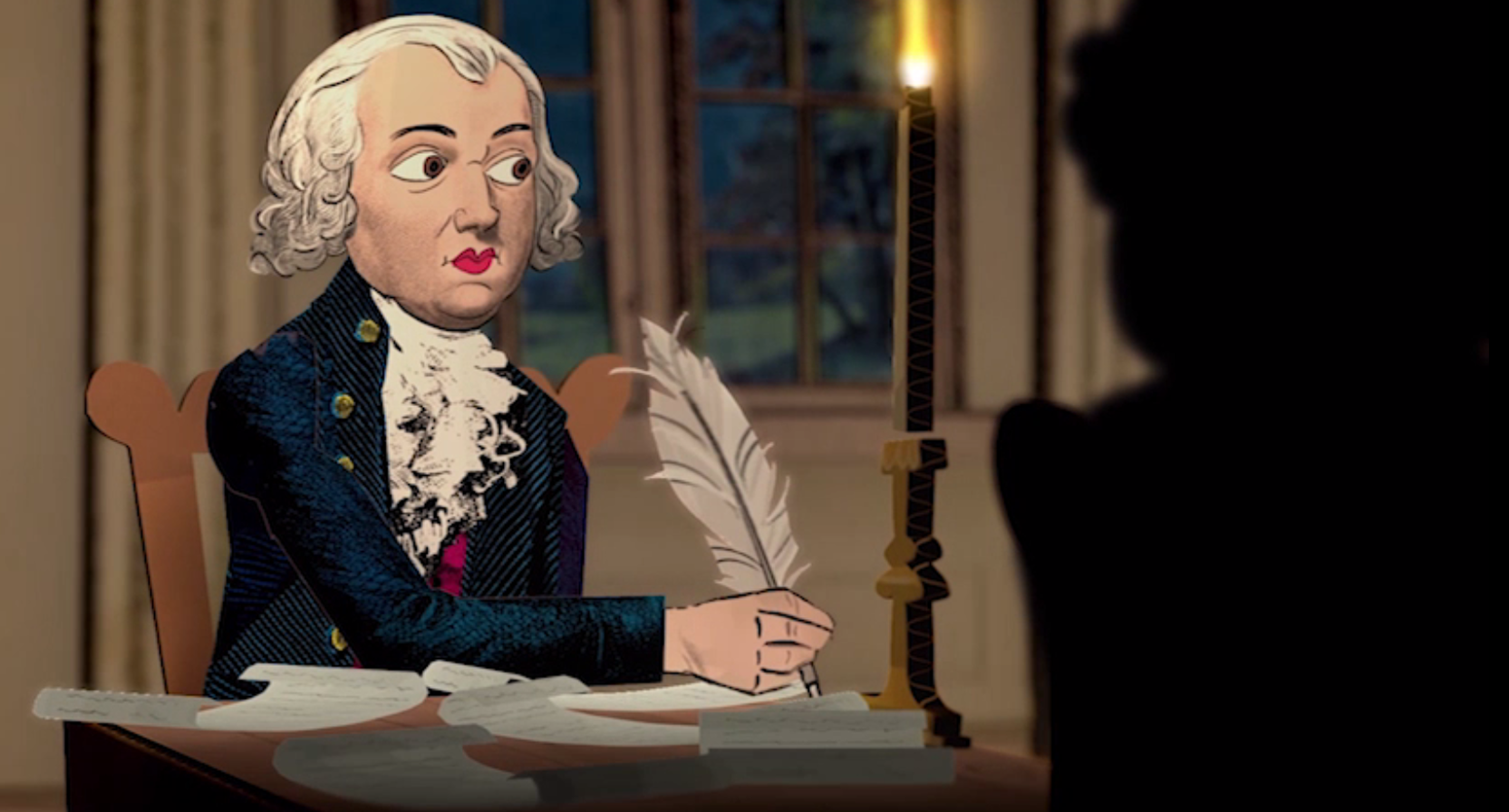Social Studies
Social Studies courses study the past and illustrate how the past applies to the future. Throughout the courses, students develop their understanding of the past by studying primary sources, comparing social movements, and exploring ancient cultures. By developing their understanding of the past, students can better understand the present and determine their direction for the future. Social Studies courses create a sense of wonder about places and the people who live there by learning about our complex and changing world.
Course Introduction Videos
Courses
CIVICS A
Civics A examines the general structure and functions of the US systems of government, the roles and responsibilities of citizens to participate in the political process, and the relationship of the individual to the law and legal system. Topics included: The Declaration of Independence, analysis of the principles of the US Constitution and the debates surrounding its ratification, examining validity of sources, landmark Supreme Court cases, and the voting process.
SUGGESTED GRADE LEVEL: 7/8 PREREQUISITES: None
CIVICS B
Civics B explores the economic structures for individuals, businesses, and government; the examination of how institutions of influence the market economy; and how government interacts and influences the private sector. Topics included: personal finance, preparing a personal budget, national budget, analysis of interest rates, investing, debt, influence of natural resources on economies, trade, market systems, taxes, labor, and regulatory agencies.
SUGGESTED GRADE LEVEL: 7/8 PREREQUISITES: None
SOCIAL STUDIES 7A
Social Studies 7 (1 of 2) explores the social, cultural, and technological developments occurring Dual Creditly in Europe, Africa, and Asia in the years AD 500-1789. It also examines how archaeologists and historians uncover the past.
SUGGESTED GRADE LEVEL: 7 PREREQUISITES: None
SOCIAL STUDIES 7B
Social Studies 7 (2 of 2) explores the growing economic interaction among civilizations during the Renaissance, Reformation, the Age of Exploration, and how the Enlightenment gave rise to democratic ideas that still resonate today. Topics included: the exchange of ideas, beliefs, technologies and commodities inspire the Enlightenment philosophy and the interest in reason and authority, natural rights of human beings, the divine right of kings, experimentalism in science, and the dogma of belief.
SUGGESTED GRADE LEVEL: 7 PREREQUISITES: None
SOCIAL STUDIES 8A
Students explore early American history from pre-Columbian era and closely examines the evolution from the British Colonies to the creation of the United States. A close look at the ideology of the framing documents and nature of the American republic set against the backdrop of the challenges of growth and sectional divisions and conflict.

SUGGESTED GRADE LEVEL: 8 PRE-REQUISITES: None
SOCIAL STUDIES 8B
Explores westward expansion, early Spanish missions in western North America through to Reconstruction, the Second Industrial Revolution, and connects these events to how policies and cultures are shaped. Topics Include: causes and effects of the Texas Revolution and the Mexican American War; the California gold rush; American Civil War, Indian Wars of the 19th Century.

SUGGESTED GRADE LEVEL: 8 PRE-REQUISITES: None
ECONOMICS
Students explore principles to make informed decisions about personal finance, develop a broader understanding of national and international economic decisions and policies. Topics include: why economics impacts history, distribution of wealth, and quality of life for all members of society. *Honors available

SUGGESTED GRADE LEVEL: 12 PRE-REQUISITES: None
GOVERNMENT A/B
Students examine the history and philosophy of the United States government and the guiding principles of democracy. Topics include: analysis of the United States Constitution, functions and duties of the three branches of government, the role of the Supreme Court, civic engagement in the political process, the rights and responsibilities of citizens, government systems of the world, political parties, interest groups, and the media in shaping the government. *Dual Credit course available

SUGGESTED GRADE LEVEL: 12 PRE-REQUISITES: US History A/B
US HISTORY A
Students explore European exploration and the impact Europeans had on the lives of those native to North America. Topics include: the development of the English colonies in North America, causes and effects of the American Revolution, the ratification of the Constitution, causes of the War of 1812, analysis of sectionalism as a common thread, westward expansion, Civil War, and Reconstruction, Indian Wars, immigration, and the Second Industrial Revolution. *Dual Credit course available

SUGGESTED GRADE LEVEL: 10 PRE-REQUISITES: None
US HISTORY B
Students trace pivotal events in American history and presidential administrations as the 21st century dawns. Topics include: The Gilded Age, Progressive Era, World War I, the Roaring Twenties, Great Depression, New Deal, World War II, the Cold War, and proxy conflicts like the Vietnam War and Korean War, technology innovations, global communications, and the rise of terrorism. *Dual Credit course available

SUGGESTED GRADE LEVEL: 10 PRE-REQUISITES: None
WORLD GEOGRAPHY A
Students explore the five themes of geography, analyze the earth’s processes, and how the processes impact both physical and human geography. Both physical and political maps are studied to examine trends and impacts with a focus on the Americas, central Asia, and Europe.
SUGGESTED GRADE LEVEL: 9 PREREQUISITES: None
** 8th Grade Students may take course for high school credit if a school counselor determines they meet the criteria.
WORLD GEOGRAPHY B
Students continue the exploration of the five themes of geography with a focus on the Middle East, Africa, and Asia. Cultural beliefs and social and political systems are examined within the context of countries, regions, and global interactions.
SUGGESTED GRADE LEVEL: 9 PREREQUISITES: None
** 8th Grade Students may take course for high school credit if a school counselor determines they meet the criteria.
WORLD HISTORY A
Students explore key events and historical developments from hunter-gatherer societies to the Industrial Revolution. Beginning with the analysis of prehistoric people from the Paleolithic era to the Agricultural Revolution, the course follows the rise and fall of early empires including the Roman Empire. Topics include: The Crusades, feudalism, the plague, Asian empires and trade routes, effects of the Renaissance and Protestant Reformation, and important revolutions that shaped history. *Dual Credit course available
SUGGESTED GRADE LEVEL: 10 PREREQUISITES: None
WORLD HISTORY B
Students trace the developments of the last 250 years by examining the origins of modern Western imperialism and analyzing the cultural, economic, and political impacts on Africa and Asia. Topics include: the influence of the Industrial Revolution, the impact of imperialism and nationalism on World War I, how the Treaty of Versailles contributed to the rise of fascism in Europe and the start of World War II, 20th century warfare, the Armenian Genocide, and the Holocaust. *Dual Credit course available
SUGGESTED GRADE LEVEL: 10 PREREQUISITES: None




